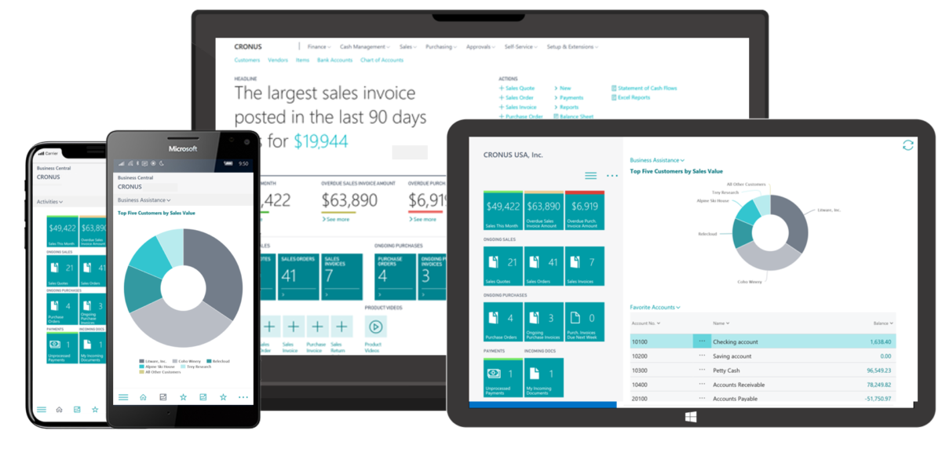Do you know why organizations are not always willing to take a closer look at their ERP systems? We see that this is often due to misunderstandings. People think that it is expensive and takes a lot of time. But is that still true today?
Let's first look at one of the biggest misunderstandings: the belief that an ERP system is always difficult to implement and causes long-term disruptions to business operations. This idea stems from an era in which ERP systems were mainly implemented on-premises and often poorly integrated with other systems. They are also known as 'sluggish legacy systems'. Fortunately, technological developments, such as the cloud and advanced integration options, have largely solved these challenges.
In addition, in the past, a lot of software had to be adapted to business processes: customization was needed. So considerably additional budgets were used. Nowadays, companies are much more open to best practices and a standard solution appears to be a (much) cheaper alternative.
Flexible cloud solutions
There are several reasons why implementing an ERP system, such as Business Central, no longer has to be complex and time-consuming. Firstly, cloud-based ERP solutions offer flexibility and scalability. You can read about this in this case study by Wilma Wonen, for example. Where a lot of hardware and complex installation processes used to be required, you can now get started quickly without expensive investments in equipment. These solutions grow with your company, so you can be operational within a few weeks. This prevents months of implementations, with the associated high costs.
Seamless integration
In addition, integration with existing systems has become easier thanks to APIs and apps. In the past, companies often had difficulty getting their systems to communicate with each other, which led to manual data entry and an increased risk of errors. You were also more likely to depend on one (large) supplier with your company. Nowadays, you can easily centralise data, such as in HB Real Estate, and, for example, smoothly transfer project data to another entity after completion. This increases efficiency and return on your investment.
Intuitive user experience
Finally, the user experience of modern ERP systems has improved. Where you used to need months of training to understand a system, the interfaces are now much more intuitive. This not only shortens the learning curve, but also reduces the time it takes to become operational. Many processes are automated, so you spend less time on repetitive actions and can focus more on strategic growth. Finally, they are also handy apps that now provide sublime user experiences, so that, for example, as a real estate project manager, you can send data from the construction site to your administration, ERP or CRM system via an app.
Quality improvements without complexity
Why should you, as a real estate company, struggle with outdated systems and inefficient processes any longer? Technology has developed and the benefits of a modern software solution are clear. With the flexibility of cloud solutions, easy integration via APIs and apps, and improved user experience, implementing an ERP system today doesn’t have to be complex and time-consuming.
Achieving big improvements with small adjustments We believe it’s possible, and why wouldn’t you? If it’s time to talk about how our solution can benefit your business, get in touch.


